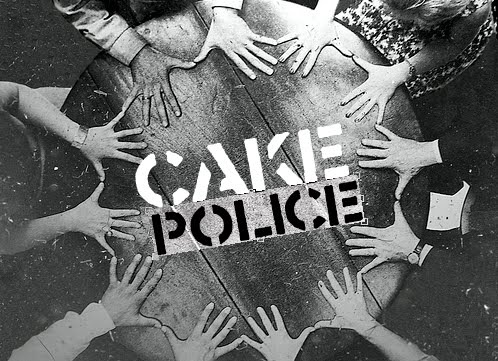Marc Ribot, interviewed in 2004:
"[M]y opinion on file sharing is, well again this is not going to make me
particularly popular, well I mean nobody really objects to people who
are actually sharing, OK? The problem is that with the technologies for
sharing it is very difficult to control the difference between sharing,
trading, and selling. And if we want to do away with copyright law
lets not start with musicians. I'm all for the great anarchist utopia,
but that means my telephone costs should be reduced to nothing because I
don't pay for any of those patents, my computer is a bunch of plastic, I
should get it for five dollars because I don't pay for any of those
patents and this phone line should go down to something very close to
free.... So when all these people are writing in utopian terms
about the brave new world of free stuff, I want there to be a brave new
world of free stuff, I just don't want my stuff to be the only stuff in
the brave new world. So I'm in favor of copyright protection...
Basically let me put it this way: I reject the kind of utopian language
of it, and I'm basically aligned with Future of Music Coalition's
attempts to find some way in which composers, artists, and side
musicians need to get paid. Let me put it bluntly: I see it from a
different perspective from consumers; I'm a producer of music and a
consumer. I think the arguments that have been made that file sharing
has not hurt record sales are a little disingenuous. I mean the
industry is down by 30 percent or something like that. And maybe you
think, 'Oh well 30 percent is not that much.' Well it has not fallen on
all music equally. When 30 percent was cut out it was not cut out from
Madonna's record budget. What happened was all of the majors cut out
all of their weird music departments. So it wasn't as if budgets went
down 30 percent across the board, no, budgets in the most predictable,
most boring music stayed just where they were or went up, and budgets
for music that was anything of a risk were gone, simply gone! So I
think it sucks, that's what I think. Having said that I'm not sure the
tactics of yelling at people and saying, 'Don't burn a CD for somebody'
are going to work. The tactic that may ultimately work might be making
the corporate beneficiaries of the profit from the sale of this
technology pay into funds for composers and artists. There may be ways
to make it work, I think the problem needs creative thinking, but let's
be clear, people will get the culture they pay for and right now they
are not paying much."
The rest here.

No comments:
Post a Comment